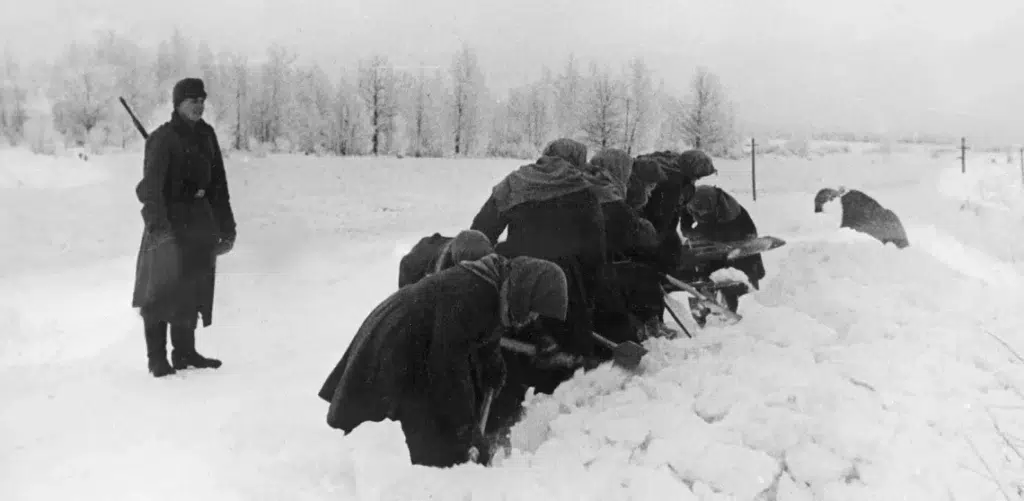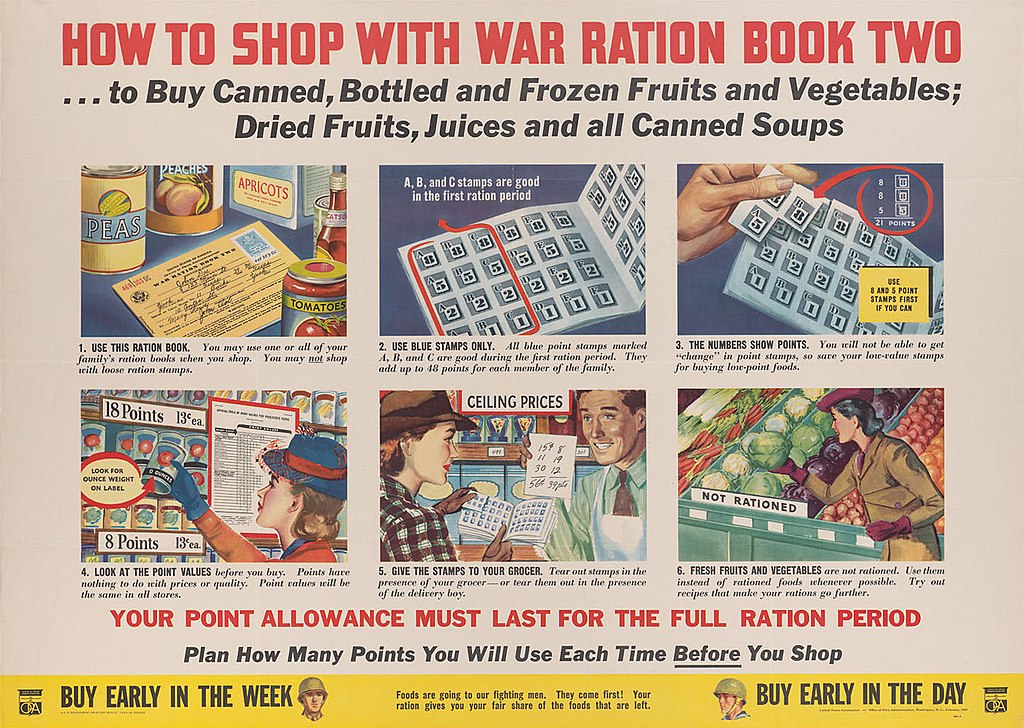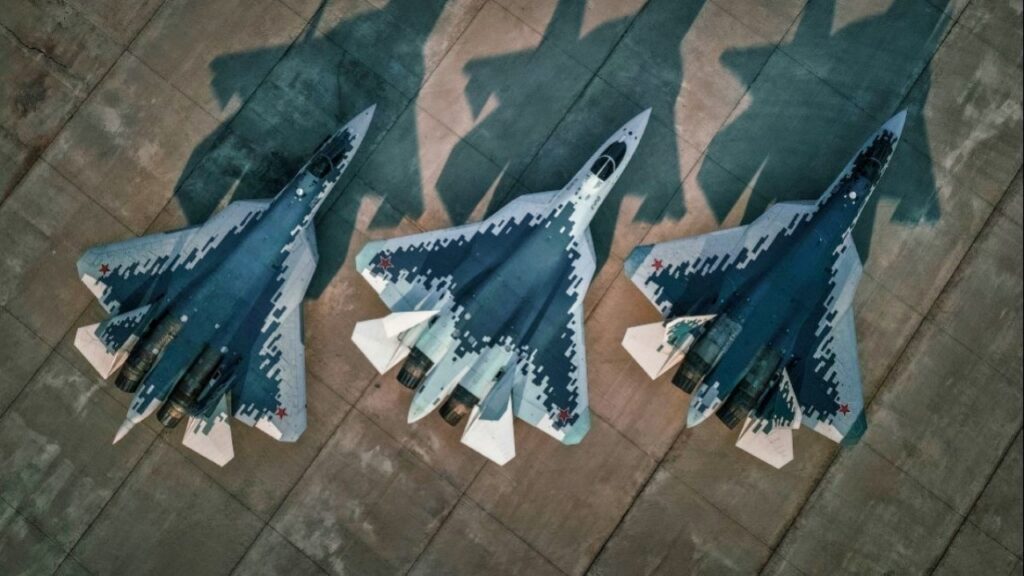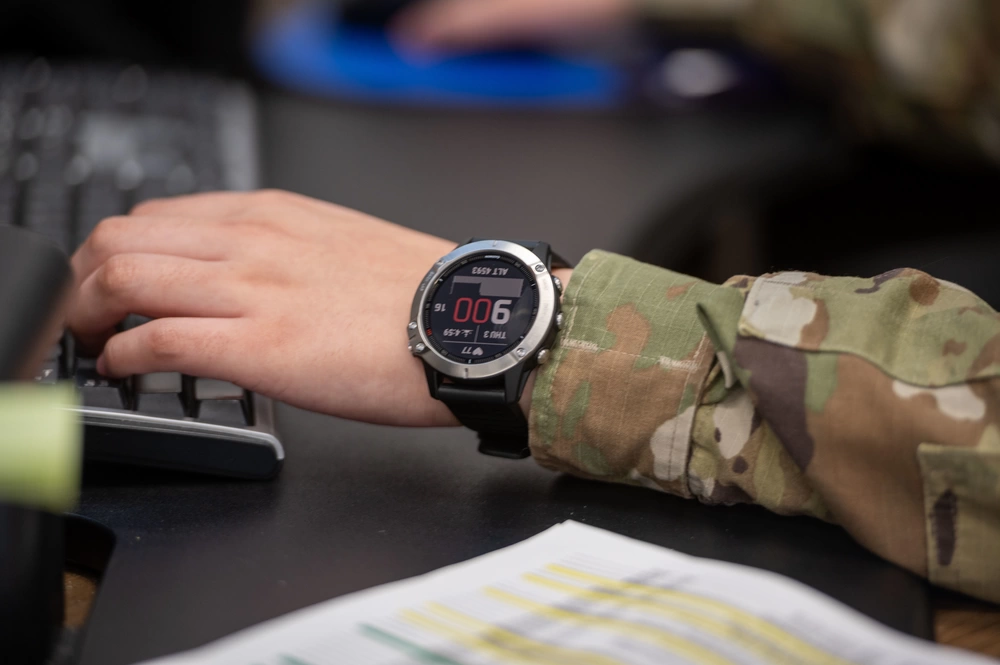Letters to Loretta: Scavenging for food along the Nazi march
- By Kaitlin Oster
Share This Article

Editor’s Note: Sandboxx News presents a World War II series by Kaitlin Oster on the power of hope, letters, and love in seeing us through the terrors and agony of war. You can listen to Kaitlin’s radio interview about the series here or visit her website here.
There were whispers that the American prisoners were destined for Braunau, to get as far away from the approaching Russian forces as possible.
They followed the Danube River, not stopping unless it was to sleep for an hour or two. Four thousand or so men split off into groups of up to 300 men, and within those groups, they delegated themselves to parties of three or four – one to gather wood, one to gather food, one to guard the food, and so on. As they passed through fields and private farmlands, food gatherers such as Harold would pull root vegetables straight from the ground, wipe the dirt off, and eat them raw. Turnips, potatoes, carrots — whatever they could find was more of a delicacy than the slop that was served by the Jerries back in POW Camp Stalag 17B. Harold bit hard into a carrot, his teeth aching from two years of no toothbrush, and thought how grateful he was to never again have just hot water for breakfast – or boiled cabbage for dinner or muddied black coffee.
He continued onward, marching through mud and fields; he imagined he was marching home to his wife Loretta. He envisioned the cottage on the water, the smell of salt carried on a warm breeze. The thoughts took him back to his early days at Keesler Air Force Base and the muddy Mississippi. It seemed like forever ago to him. He wouldn’t have to write her letters telling her everything was fine before going to bed with hunger pains. He wouldn’t have to tell her that he was in good spirits after seeing innocent men shot dead before him. He’d never have to kill – or watch someone be killed – again.
Even with the freezing nights in German territory beating down on his head and face each night, Harold continued to think of her: He would pull into Jamaica Station in New York and this time she’d be there, waiting for him. Her hair would be curled and her lipstick would be a bright shade of pink. She’d have her tea-length dress on that he liked, and she’d be so excited to see him that she would consider running onto the train herself because she just couldn’t wait any longer. Then, that night, he’d lay next to her in bed, and he would do that every night for the rest of his life. He never wanted to be away from her again.
Related: Letters to Loretta: A series into the power of humanity to persevere during war
The kindness of strangers

Austrian women impatiently lingered in their yards and watched these poor, broken souls wander past their homes. Their faces were those of longing and concern as they witnessed the procession. Mothers, grandmothers, aunts – all waited and looked on at the prisoners as if they might have found their own sons in the lines. The men were thin and weak, but knew if they stopped they would be hit, or have a dog sent on them, or maybe even be shot by an SS.
The guards were extremely tense and constantly on the lookout for Allied forces. Harold and the others knew the war was ending, but they were all beaten down and cold and no one had weapons to fight back. A woman stood closer and closer to the men and, when the SS weren’t looking, reached into the bosom of her apron and threw at his feet what Harold immediately recognized as bread. Bread! Fresh bread for him to have! He quickly scooped up the piece and devoured it. As he looked back he saw the other women continue to do this for the rest of the men, breaking off bits of bread that they kept concealed in their garments and tossing them to the men like they were a line of ducks.
Related: Operation Union 1 and 2 – Marines fighting behind French lines in WWII
He felt tired. The group was broken off into only a couple hundred men. They had probably been walking for seven or eight days straight from what Harold could tell. There were casualties among the prisoners and he figured that was the plan of the Germans all along – to walk the men to death. He thought to himself that must mean the Germans were going to lose the war, which at least for the Allies was something to look forward to. The wandering felt aimless, although they kept hearing that the goal of their alleged journey was to reach Braunau.
Harold walked up to a farm where he saw livestock wandering around within a small fenced area. Tempting, he wondered for a moment, but it would be far too much effort to acquire, kill, and eat an animal. A young girl – Polish he thought – broke his train of thought when she appeared out of a chicken coop. She was the first young woman he had seen in at least two years. She was beautiful and thin, her hair braided behind her head and her apron full of eggs. Her face was young and her eyes looked bright but frightened – what did Harold look like to her? He hadn’t seen his own face in months, he remembered. All the walking and wandering through mud and dirt must have made a mess of him.
Related: Tangiers: A Delta man’s solo trip through Morocco

He quickly looked at his hands for an assessment and noticed his dirty, broken fingernails and bloodied knuckles, and realized that’s probably what the rest of him looked like as well. He cautiously took a step towards her and she quickly took one back. He extended his hands in a kind way to try and show he meant no harm. She tilted her head at him and looked at his open, dirty palms. She asked him a question in German, but he didn’t understand most of it. He heard “American,” and, “prisoner.” Harold just knew he wanted one of the eggs in her apron.
Just then, he remembered the sewing needle he had pocketed from the British Red Cross when he had scurvy. He dug around in his trousers and produced it. Harold pointed at her apron and said, “Egg?” The girl, less fear in her eyes, tilted her head to the side. He extended the needle between his thumb and forefinger. Somewhere in his brain, Harold tried to recall his mother’s words when she made and fixed all the children’s clothing.
“Ich” he tried. “Ich habe eine Nadel?” The girl lit up and smiled. He said it right! “Ich habe eine Nadel!” Harold excitedly said it again and took another step towards her. He offered her the needle. The young girl took the needle in her hand. Her hands were so soft and clean – and gentle. He pointed at her apron pocket full of eggs.
The girl then reached into her apron and pulled out a hen’s egg. It was the most perfect thing he’d ever seen. It rested delicately in her palm, small enough for her to cover it completely if she were to close her hand. Polished from the fabric in her apron, Harold could have sworn it shined. She handed it to him and he carefully took it as if he was handling a newborn baby. “Danke, danke.” The girl smiled and Harold turned around to make his way back to his men.
The other two were anxiously waiting near a small fire, some root vegetables were spread out near their feet.
“Well, how was it? What did you find, Red?” Harold smiled and said nothing. He only reached into his shirt pocket and produced the egg. The men gasped in amazement. “We’ll eat like kings tonight!” They looked around nervously to make sure none of the other groups saw the bounty Harold had brought back. Even on the best days, all the prisoners ate since the opening of Stalag 17B were canned foods, boiled potatoes, and cabbage – nothing close to an egg. They sat in the cold, huddled around their small fire, and split a raw hen’s egg three ways. It was the best meal Harold had had in two years. It was a meal of freedom.
Read more from Sandboxx News
- Did Mattel really create an M16 or is this a great urban legend?
- Back-saving exosuits may someday be standard-issue gear for troops
- The SR-72 timeline: From initial design to ‘Top Gun’s’ Darkstar
- Ukraine set off 4 explosive devices on a freight train operating on the only major railroad connecting Russia and China
- Operation Olympic Games: The first cyberweapon
Related Posts
Sandboxx News Merch
-

‘AirPower’ Classic Hoodie
$46.00 – $48.00 Select options This product has multiple variants. The options may be chosen on the product page -

‘Sandboxx News’ Trucker Cap
$27.00 Select options This product has multiple variants. The options may be chosen on the product page -

‘Kinetic Diplomacy’ Bumper Sticker (White)
$8.00 Add to cart
Kaitlin Oster
Related to: Military History

How have American military rations evolved in the last century

New Navy video imagines high-tech warfare in 2043

Russia’s Su-57 Felon will never be the F-35 fighter

Does it make sense to invest in a fitness watch?
Sandboxx News
-

‘Sandboxx News’ Trucker Cap
$27.00 Select options This product has multiple variants. The options may be chosen on the product page -

‘AirPower’ Classic Hoodie
$46.00 – $48.00 Select options This product has multiple variants. The options may be chosen on the product page -

‘AirPower’ Golf Rope Hat
$31.00 Select options This product has multiple variants. The options may be chosen on the product page -

‘Sandboxx News’ Dad Hat
$27.00 Select options This product has multiple variants. The options may be chosen on the product page
